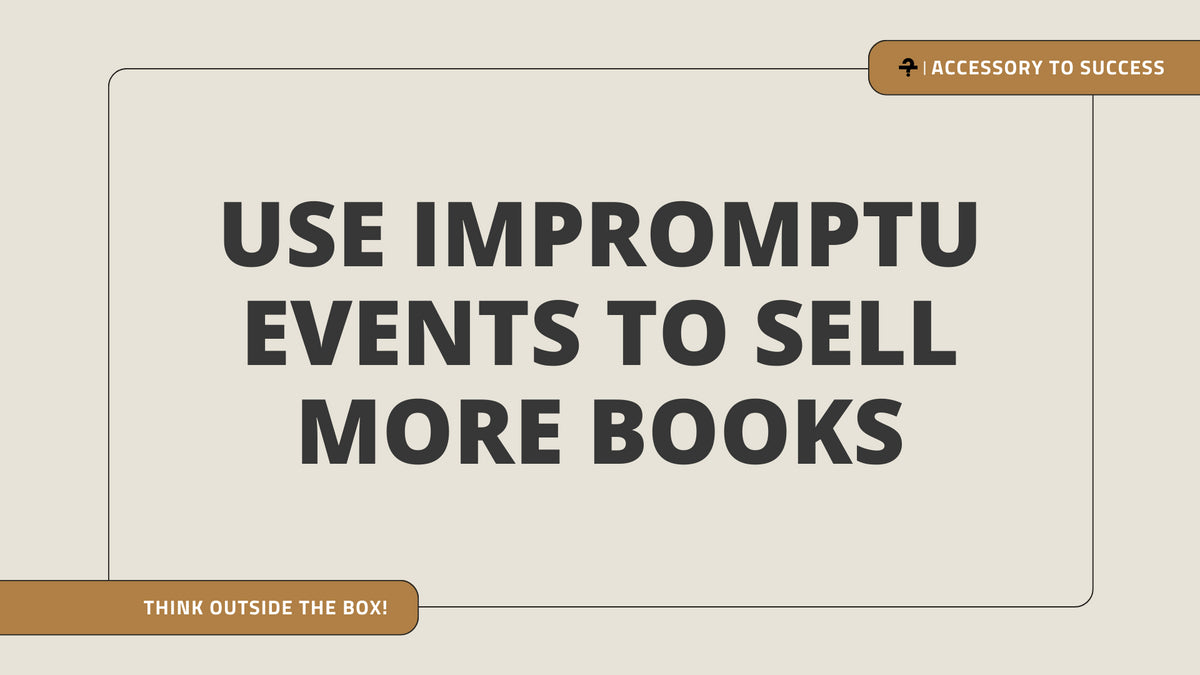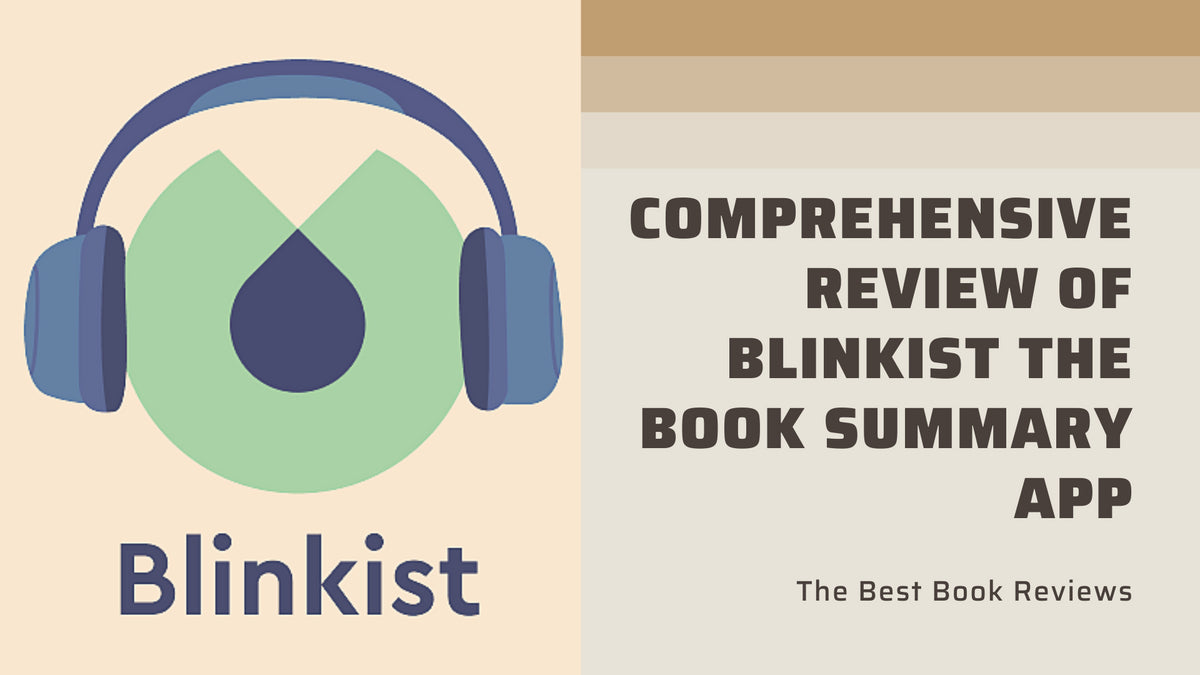Your Cart is Empty
Unique Ways To Attract Readers To Your Author Website
Use Your Book To Gather Email Addresses
If you are selling a book online through your website that is ideal because you retain the customer data. You'll need to get traffic there of course using things like buy book reviews and Facebook ads, but once users are there you need to get their information even if they don't buy.
This may sound odd, but selling anything online is a game of customer data, not products. The one with the data wins. This is because you’ll be able to email people again in the future the next time you release a book or support a product, release an e-course, etc. These repeat purchases increase your Lifetime Value of customers and make it easier to justify any kind of marketing expense.
Most authors list their books on Amazon and leverage that search engine for conversions. Which is perfectly fine and we’re not advocating against that. But there is a reason marketing legend Seth Godin drives Facebook ads to his website to buy his books, rather than amazon. It’s because you don't get the data through Amazon through your author website. And you WANT that data. You'll want to include things in the book itself that drive people to an author website and register.
You might also be interested in reading about how to leverage your book to sign more clients.
Offer A Rebate
To start, we're not necessarily advocating for the use of rebates. You'll want people providing their contact information because they want to, not because you're going to send them $5. BUT it is a real option that each author will need to decide for themselves if it's worth doing or not.
In this situation you'll have ONE unique rebate code delivered with each sale (otherwise resellers will ruin you). Once someone buys the book, if they go onsite to redeem their rebate you have their contact information and in exchange for that you send them some dollar amount.
To be clear, we are not attorneys and we don't know the laws behind rebates exactly and certainly not sure of requirements to obtain a rebate, so talk to an attorney. But wireless phone providers have been doing it for years and it's a very established form of marketing.
One thing to keep in mind is that you need to provide rebates separately from wherever you're processing purchases. You can't process these as refunds. This is because of the customer satisfaction ratio. Things like chargebacks and refunds negatively impact this ratio. Too many refunds and you may lose your ability to process sales. So what you need to do is send the money another way. Through a check or paypal or something. This way it is separate from the purchases and will not harm your brand. Remember not to offer a rebate for an Amazon review. That is for sure against their T&Cs.
Want to buy a book review?
Click here to learn how you can get a premium book review from us!
Inserts Into The Books
Remember back when magazines were the rage? Every time you opened it a bunch of offers and cards fell out… Aaaah the good old days. Well we suggest doing the same thing. Including an insert for a "free" something like an additional chapter sent by email or 50% off of a live event, webinar, 50% off another one of your books, Patreon access for 6 months free, etc. These could do wonders for your opt-in rate.
This is all about getting people to give you their contact information, so the offer needs to include some value as you'll likely only have one impulsive moment to get people to sign up. If they buy on Amazon and don't opt-in then you'll never know who they are and you won’t be able to get back in touch with them in a meaningful way. So make the offer incredible!
Now this is going to be available through your book production company only. If they are willing to allow inserts to be included in the book then wonderful. If not, oh well. But we recommend pushing hard for it because this is a best practice in the ecommerce space.
Offer a Course & Link To It
This one is pretty obvious. If you have a book about how to cook a steak, make an ecourse about how to make your own steak seasoning and plug it throughout the book. The best example of this is in the book The Ultimate Guide To Google Ads. The author has written, and kept updated, an amazingly thorough book about how to run Google Ads. Throughout the book he talks about how important copywriting is to the success of advertising. He'll give some amazing tips for writing great copy, then share the URL where you can buy his full e-course on copywriting. It's masterful. If you need a more clear example of how it works, buy the book and see for yourself.
The point here is that the book is not about copywriting, it's about Google Ads. His stress on the importance of copywriting creates the demand.You'll need to do the same thing.
If your book is about learning to read a P&L, you'll want to build an e-course on bookkeeping and stress the importance of organized bookkeeping throughout the book.
Provide Materials Mentioned In The Book
If you've written a book with tools to be applied throughout the reading process. Then you know how important it is that people don't just see those charts and sheets in the book, but they'll need copies for the staff and business partners. This is accomplished through YOUR author website. You simply point out that copies of the documents reviewed in the book can be downloaded for free at yourwebsite.com/freedownload. This is without a doubt the easiest way to convert someone. It's not salesy at all. You're simply offering this information conveniently as they go through the process of applying your teachings.
Two books that perform this option to perfection are Sticky Branding and Traction. Traction is a billion dollar business now, so you'll do well copying their system as much as possible.
Your biggest challenge is in writing inspiring enough content that people want to take action. If you can get people motivated enough to make changes that they go to your website and download a copy to use at work then you should have no problem building an amazing list of customers that you can sell a second, third, and fourth item for years to come.
Want to buy a book review?
Click here to learn how you can get a premium book review from us!
Leave a comment
Comments will be approved before showing up.
Also in Growth

20 Best Selling Author Success Stories
Dive into the captivating journeys of bestselling authors! From humble beginnings to literary stardom, discover the secrets, struggles, and serendipities that shaped their iconic tales. Every success hides a story - uncover theirs. Be inspired, be enthralled. Your next favorite tale awaits!
Read More
In-Person Event Ideas To Crush Book Sales and Connect with Readers
Looking for ways to crush your book sales and connect with readers in person? Look no further than in-person events! Whether you're hosting a book signing, giving a talk, or leading a workshop, there are plenty of ways to get your book in front of people and build relationships with your fans.
Read More
Comprehensive Review of Blinkist the Book Summary App
Unleash a world of knowledge in mere minutes with Blinkist! Dive into our comprehensive review of the revolutionary book summary app. Discover how Blinkist can transform your reading habits, maximize your time, and empower your intellect. Curious about 'bite-sized' wisdom? Click now to unravel the magic of Blinkist!
Read More